Director of "Itadakimasu" discusses soil and fermentation
Jan 09,2020
Director of "Itadakimasu" discusses soil and fermentation
Jan 09,2020
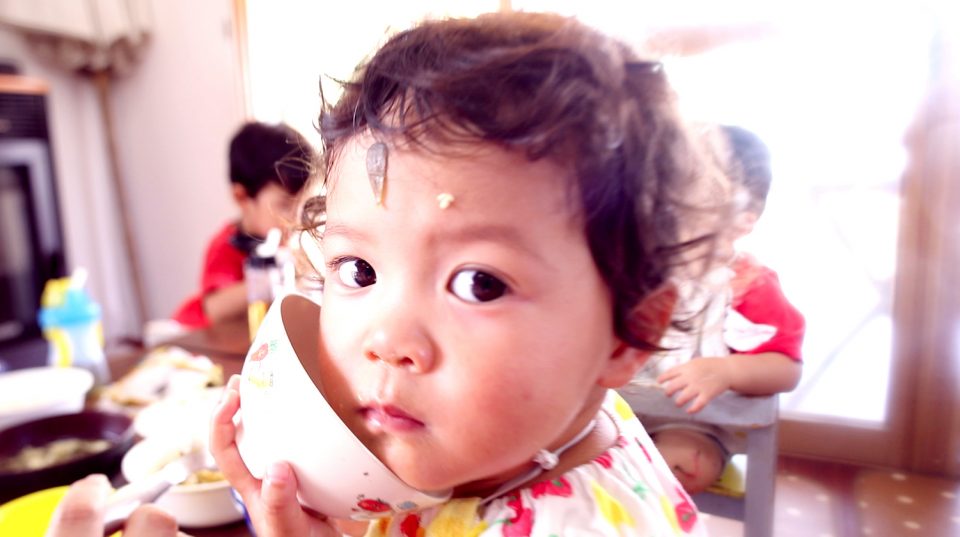

Itadakimasu: Nourishment for the Japanese Soul (2016) is a documentary film that depicts the power of homemade miso and meals based on the idea that food and medicine come from the same sources. The film Itadakimasu: Paradise of Fermentation was produced as a sequel.
Focusing on the power of microorganisms, the sequel follows farmers who create organic soil and produce as well as children at a nursery school who are being raised on rice and vegetables that they grow themselves. The film reveals the unknown world of organic farming and the healthy appearance of people who have benefited from it.
We sat down with Oota Vin, who directed, filmed, edited, and produced the movie, and discussed what he wanted to convey through his work and what he wants people to know about organic food, especially now that people are aware of maintaining their gut health and improving their microbiota health.
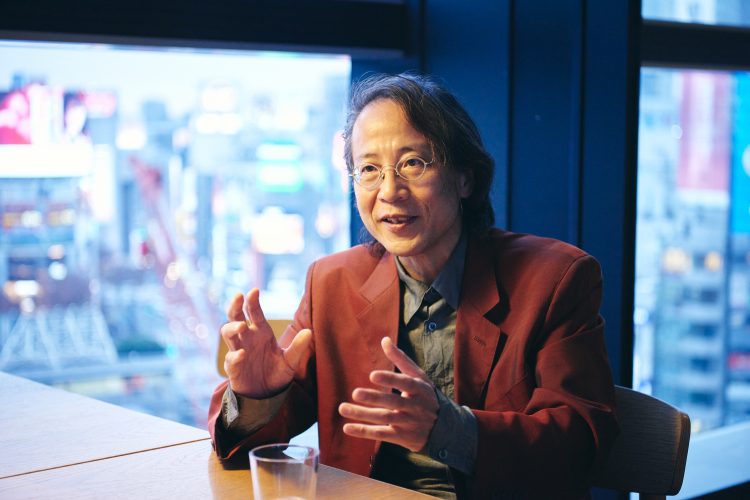
Oota Vin, director of the Itadakimasu films
Itadakimasu: Paradise of Fermentation is the second film in the Itadakimasu series, but after shooting the first film, Oota had no intention of making a sequel. What led to the sequel, coincidentally, was the handmade miso that was featured in the first movie.
“After the release of the first film, I was fortunate to encounter many people involved in food and food production. I had more opportunities to meet people from all over the country who had new information and who were working on new initiatives. Among these encounters, I learned that miso can taste different even when made with the same ingredients depending on the producer, because the koji mold [a malt-like material produced by growing mold on rice] ferments together with the normal bacterial flora on the hands. I wanted to try to tell this story, so I started researching bacteria in depth. That’s when I noticed that farmers talk about how both the soil and the rice paddies are actually fermenting.
“I think everyone knows that miso is fermented. However, I had never imagined that the soil in which the soybeans, the main ingredients, are grown is also fermenting. This got me to take a fresh look at fermentation, this time with a focus on the soil.”
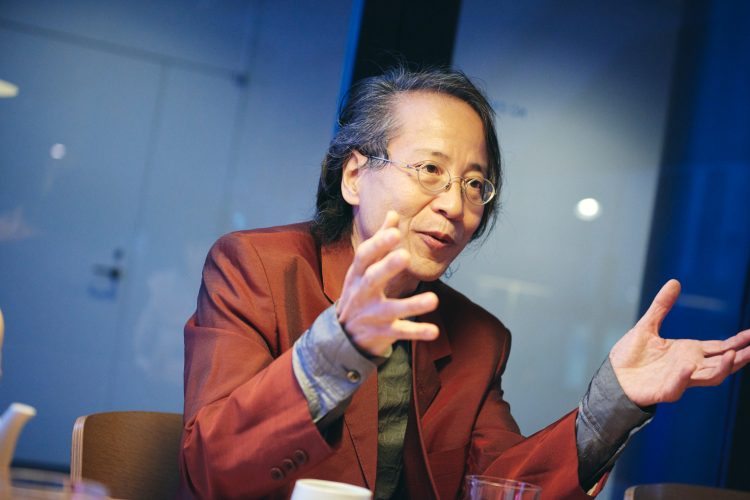
Oota Vin explains how microorganisms protect the soil, the plants, and people
Oota continued his explanation.
“There is a lot of talk nowadays about gut health and microbiota health, but there were no pesticides or chemical fertilizers in the Edo period (1603 to 1868), so everything had to have been organic. Vegetables themselves contain a vast number of bacteria, and by consuming them in miso soup and other dishes, the Japanese people were able to maintain healthy gut microbiomes in line with their DNA with their everyday meals. I thought it would be great if I could also portray these origins of gut health and microbiota health.”
Oota believes that gut health and healthy microbiomes are not particularly special things. This belief is largely informed by his own experience.
“I have been using food as medicine and to maintain my health ever since I suffered a serious illness more than 20 years ago. By completely changing my diet, I am probably more energetic now than I was before I got sick. [laughs] I, of course, feel tired from time to time, but I almost never depend on hospitals or medicine. This does not mean that I am following a very complicated diet. To use an analogy, I live a life centered on so-called traditional Japanese cuisine and fermented foods — basically what my grandfather and grandmother used to use in their home meals.
“Our awareness of bacteria has changed in recent years. Not long ago, when we thought about bacteria, it was all about sterilization and disinfection. But now nearly all bacteria, apart from a few pathogenic bacteria, are recognized as necessary for healthy living. And I sense this myself every day.”
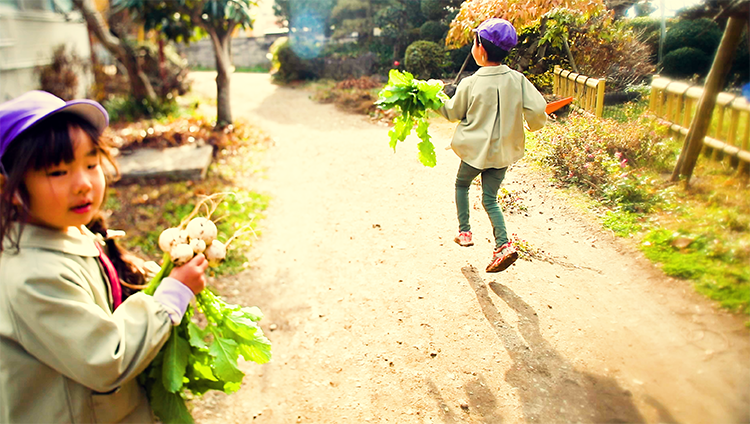
The theme of Itadakimasu: Paradise of Fermentation is a thank-you to plants and microorganisms
The world is also coming to a major turning point in how people think about organics.
“Organic does not mean organically grown vegetables, but rather a way of interacting with nature. It is not something re-created by humans for convenience, but rather a way of looking again at nature as it really is, which of course includes bacteria. This movement is spreading around the world, including France, Italy, the United States, and China.
“In Japan, on the other hand, the percentage of fields cultivated organically is still low, even among developed countries. Growing crops organically requires a lot of time and effort, which may give the impression that organic produce is a bit of a luxury. Ideally, ordinary consumers would support organic farming by purchasing organic products, but this has not yet happened.
“I feel that many people currently don’t understand that crops grown organically are fundamentally different from non-organic crops.”
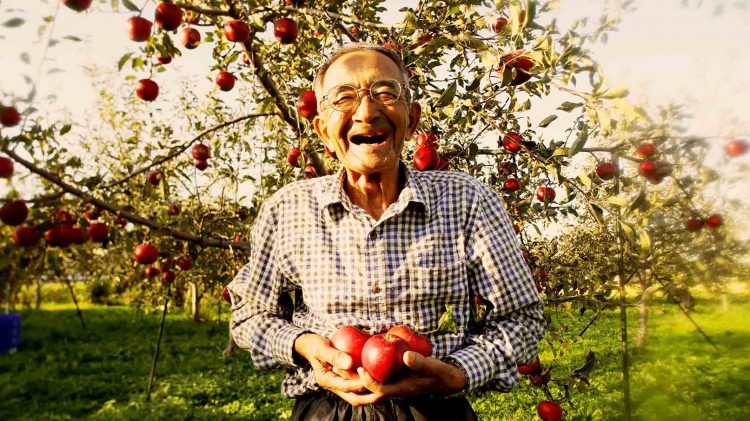
Apple farmer Kimura Akinori has succeeded in growing pesticide-free apples
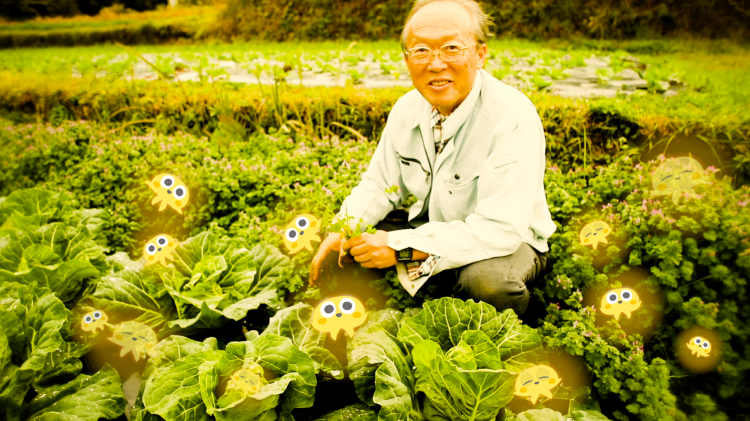
Yoshida Toshimichi, a.k.a. Dr. Kinchan [Friendly Bacteria], focuses on the activities of microorganisms
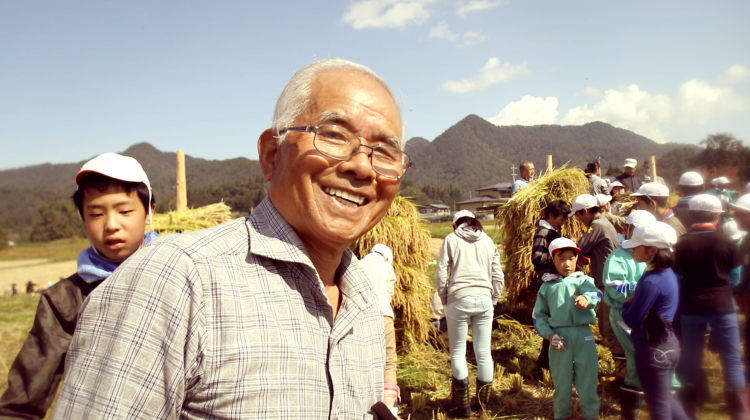
Kikuchi Ryoichi developed a brown rice diet for athletes
Itadakimasu: Paradise of Fermentation features a number of organic farmers. These include apple farmer Kimura Akinori, who has been experimenting with pesticide-free apple cultivation since 1978; Yoshida Toshimichi, known as Dr. Kinchan [Friendly Bacteria], who focuses on the activities of microorganisms and cultivates vegetables in his fields with meticulous attention to soil preparation; and Kikuchi Ryoichi, who has been practicing organic farming for over 40 years and who developed a brown rice diet for athletes free of pesticides and chemical fertilizers that he has provided to Olympic athletes.
“I believe farming is the most important profession, and I was particularly impressed by these farmers, so I asked them to appear in the film. The quality of the soil, the roots, and of course, the food, are clearly different in organic produce even to the untrained eye. In the film, some preschoolers bite into whole carrots from Dr. Kinchan’s fields. Those kids continued to eat the carrots well after the shot was finished.
“That scene encapsulates the whole story. Five-year-olds are super honest. They have zero sensitivity to the feelings of the adults around them, and no matter what, they won’t say what adults want them to say. People claim that kids don’t eat vegetables anymore, but the reason is not the kids; it’s because the vegetables don’t taste good.
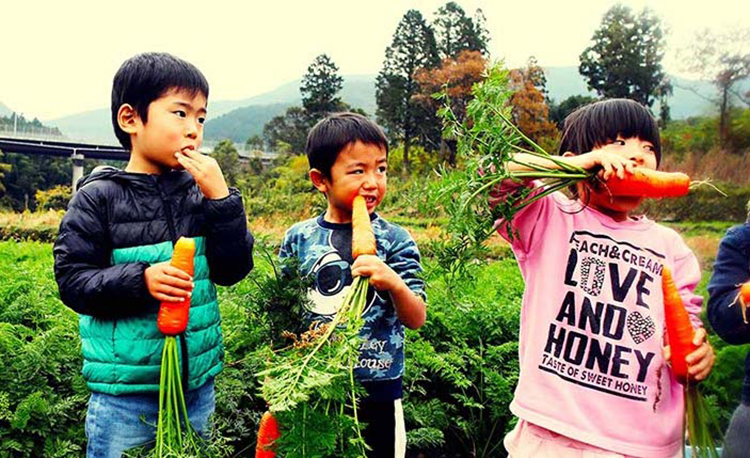
Young boys bite with relish into carrots grown by Yoshida Toshimichi
“Truly delicious vegetables have so much antioxidative activity that insects can’t eat them. It’s a bit of a misnomer to say something is so tasty that even insects eat it. In fact, the vast cabbage field on Dr. Kinchan’s farm shown in the film had only a handful of cabbages that were eaten by insects.
“When vegetables are cultivated in greenhouses with the use of chemical fertilizers, they become complacent and fail to extend their own roots. Because greenhouse-grown vegetables are weak, insects can eat them. The same is true for human beings. [laughs] That’s why the apple farmer Kimura says in the film ‘I want to treat apples and people in the same way.’”
Itadakimasu: Paradise of Fermentation shows young children planting, harvesting, and threshing rice on their own and then cooking their rice on a range and eating it. Muddied, they play around in the rice paddies as they do farm chores.
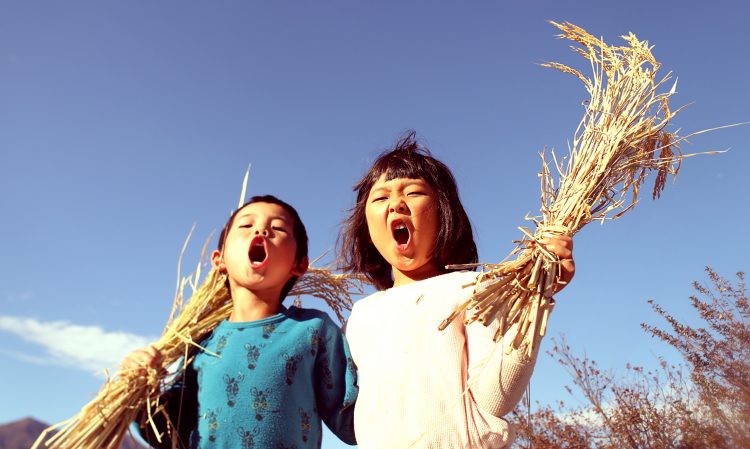
Young children harvest their own rice
“When kids are in such an environment, I don’t think they develop a sense that soil is dirty. Recently, many preschools in the cities offer programs where kids get out and interact with the soil, but it’s difficult because you need the area of a rice paddy or a field.
“It’s not necessary to change all aspects of current lifestyles. Starting small is good, like occasionally buying organic vegetables for your kids to eat or trying to grow vegetables on your balcony. My hope is this film will inspire people to take these first steps.”
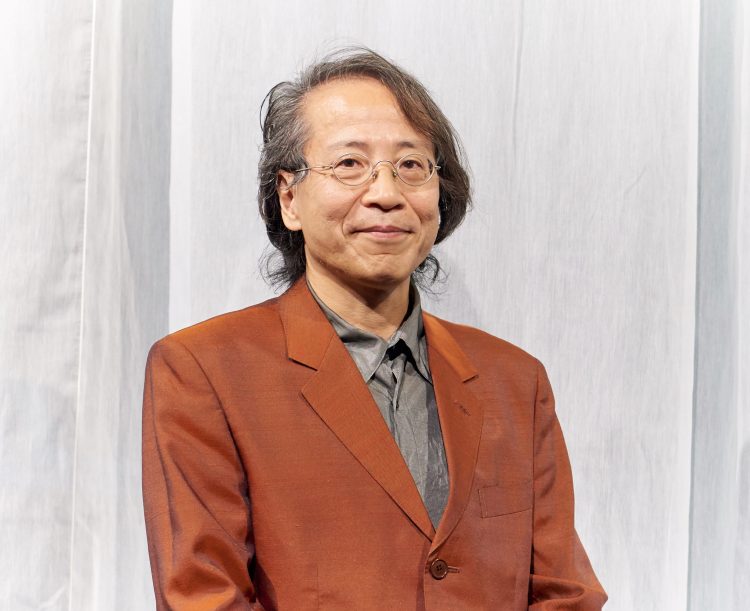
The film Itadakimasu: Paradise of Fermentation that Oota directed, filmed, edited, and promoted for is screening atUplink Kichijojifrom January 24, 2020. The film will open in theaters in Nagoya, Yamagata, Nagano, and other cities in Japan, followed by independent screenings. See the official Itadakimasu: Paradise of Fermentation」site for more information.
©Ihatovo Studio